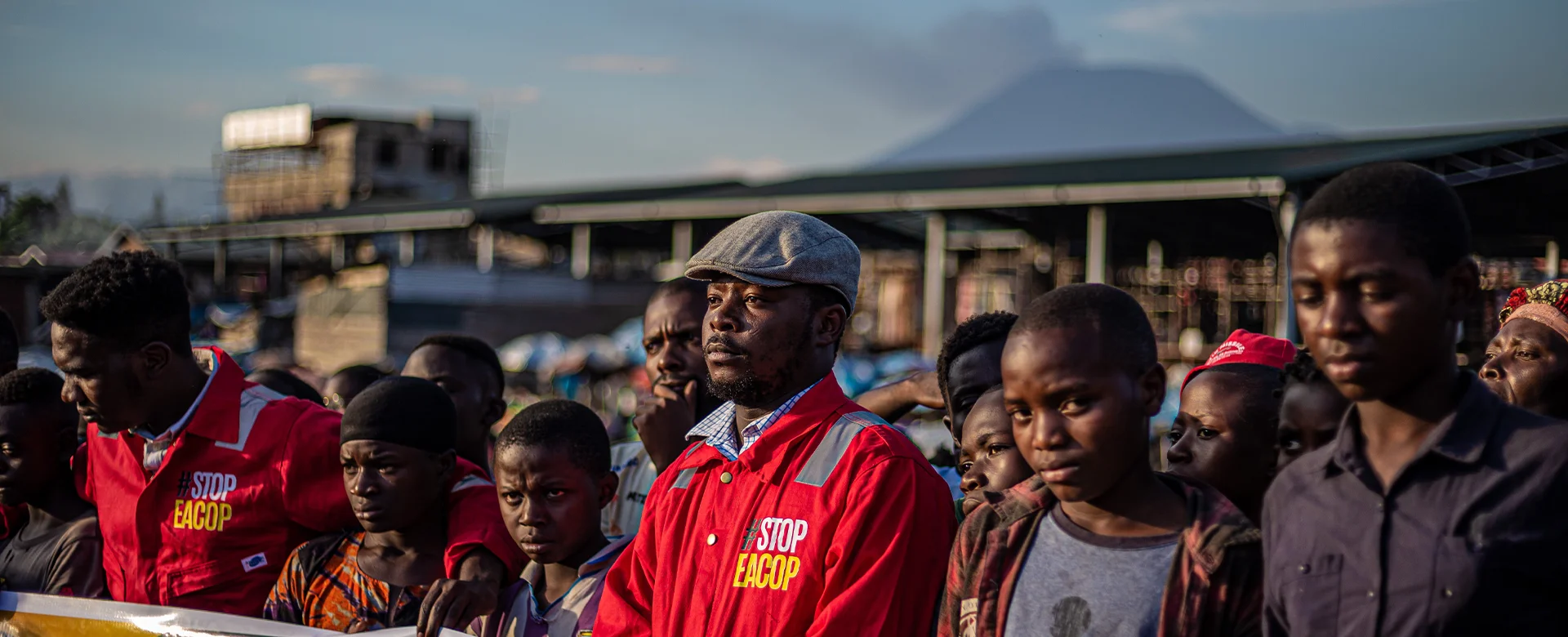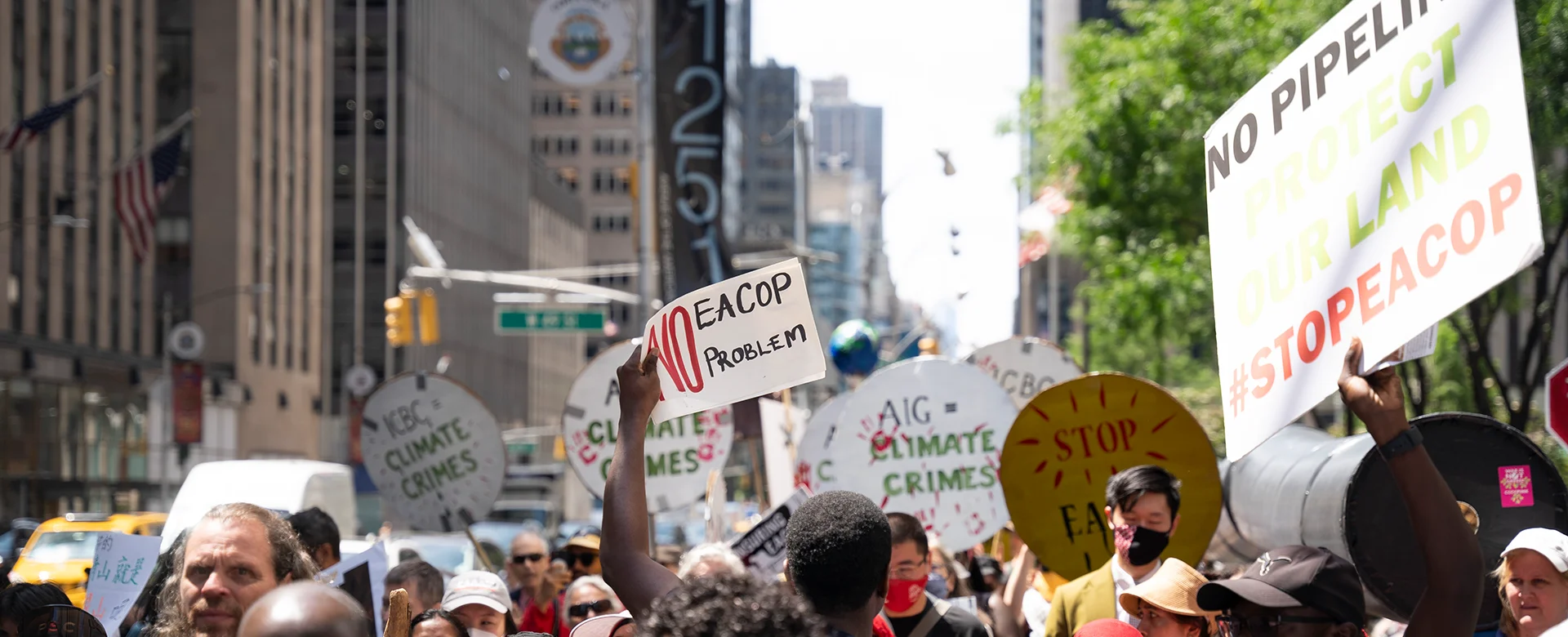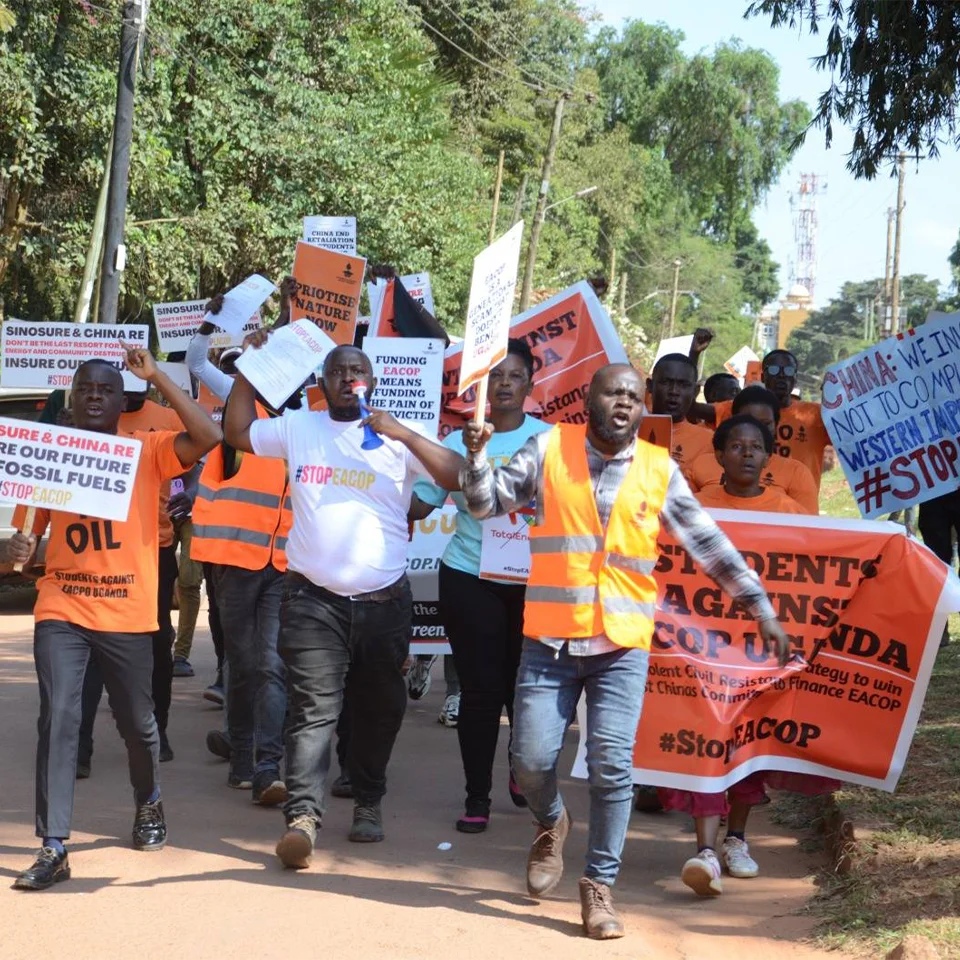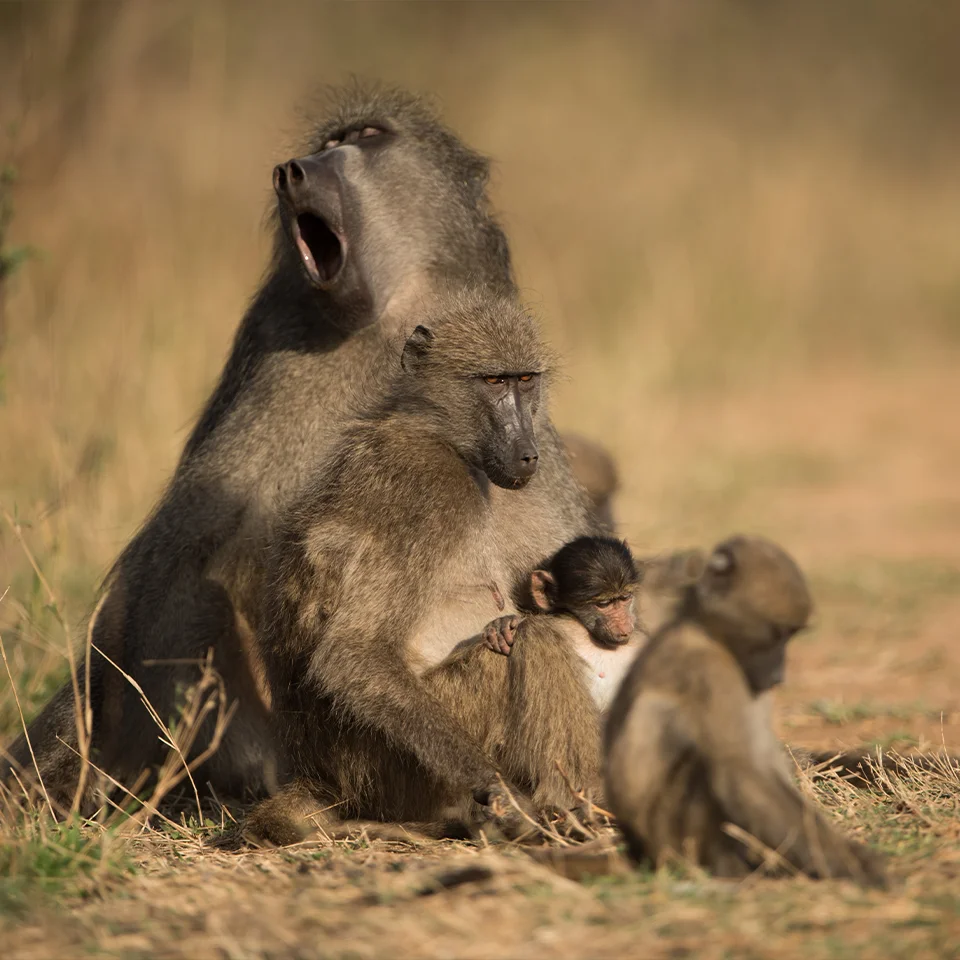BEYOND OIL: BETTER ECONOMIC ALTERNATIVES
Join our mailing list
Imagine an economy that works for everyone - an economy shaped by and for the benefit of a wide range of communities with diverse skills
Instead of an economy that relies on multinationals extracting as much profit as possible and hoping the crumbs go down the drain, imagine an economy that is shaped and driven by local people. An economy that celebrates the people, biodiversity, heritage and natural landscapes of the region. An economy that provides quality jobs and long-term, sustainable financial security for young people, men and women. An economy that does not require us to destroy the environment, endanger wildlife, or drive families off the farmland on which they depend.
As the fossil fuel era comes to an end, it is time to do more than imagine this just and inclusive economy – it is time to start building it.
For too long, multinational oil companies have made empty promises to the people of Uganda and neighboring countries in Central and East Africa. They have convinced governments and investors to pour money into fossil fuel projects, but the reality is that the value of oil is falling and will continue to fall as the world begins to embrace clean renewable energy and the jobs that come with it.
It’s time to look beyond oil.
Harness the power of the diverse and sustainable sectors that already exist and invest in the industries of the future
Strong economic foundations don’t rest on a single pillar – they benefit from a diversified revenue stream. As the old adage goes, “don’t put all your eggs in one basket.”
Rather than betting on the faltering projections of the oil industry and waiting years for the promised returns, we need to support the sectors that are already working and invest in the sustainable, job-creating industries of tomorrow.
For example, Uganda’s tourism industry accounts for about 7% of the country’s gross domestic product and provides over 600,000 jobs. In contrast, EACOP is expected to create only 200-300 permanent jobs. Despite being a major economic sector and job creator in Uganda, tourism is often overlooked or underestimated, with only about 0.4 percent of the government budget allocated to it.
By investing more in tourism and conservation, this sector could generate even greater economic benefits for the people of Central and East Africa. But this requires taking care of the region’s natural wonders, diverse wildlife and rich cultures, all of which attract millions of visitors to East Africa. This is also exactly what EACOP will jeopardize.
But as the global pandemic has reminded us, even tourism is not immune to global market shocks. That is why we need a diversified economy.
Let’s take another example from Uganda. The agriculture sector employs more people than any other sector: it is the backbone of the economy and fuels the country. Yet the small farmers who make this vital industry work are neglected. Support for the sector accounts for just under 3 percent of the government’s budget, yet the sector generates nearly 25 percent of the gross domestic product.
There is a real opportunity to increase economic strength and resilience by investing in and supporting small-scale sustainable agriculture – which contributes the majority of the sector’s output and, unlike the oil sector, employs many women and young people. By supporting the agricultural sector and its workers with equity and sustainability in mind, we could increase the sector’s economic contribution to the region, while preserving the environmental, societal and health benefits it provides to communities. The fisheries sector, which supports millions of people, presents a similar situation.
But EACOP threatens the very existence of all these green sectors. Nearly a third of the pipeline will be built in the Lake Victoria Basin, on which more than 40 million people depend for their water and food production.
Invest in clean energy, the local jobs and affordable electricity that come with it
Sustainable industries like renewable energy and electric transportation are already well established in the region, but with increased support from international investors, the sector has incredible potential.
Advancing renewable energy production in countries like Uganda is an opportunity to create quality local jobs, power thousands of homes at an affordable price, and address both large-scale projects and tailored ways to provide electricity to remote “off-grid” communities.
The clean energy sector also has positive impacts on gender equality and opportunity. While women are often sidelined in the oil and gas industry, initiatives like Solar Sister show how clean energy can encourage entrepreneurship in small sectors and address women’s employment needs.
The clean energy sector will also benefit the agriculture sector, as decentralized renewable energy deployment can increase yields and incomes for small-scale farmers by improving solar irrigation and electrifying other agricultural activities such as cold storage and processing.
In addition, investments in the clean energy sector create a significant number of permanent jobs in the manufacturing sector. For example, Kiira Motors, a state-owned vehicle manufacturer, will employ 14,000 Ugandans to produce 5,000 electric buses and other vehicles per year. As cars become more affordable, the demand for electric vehicles will only increase.
It is up to local governments, development banks, international investors and all of us to support East Africa’s transition to a greener economy. We must ensure that rich countries are not the only ones to reap the huge economic benefits that will come from moving away from fossil fuels.
In short, we need to invest in the livelihoods and trades that sustain local communities in East Africa today – from tourism to fishing. We must also train and support local people to lead the sustainable and successful industries of the future, such as clean renewable energy.
It is critical that we recognize that economic growth and development will only be possible if it is driven by and for the people of East Africa, not by foreign companies that are simply looking to extract resources and make the most profit possible. Investments – whether from local or international sources – must support local communities, not exploit or endanger them.
That’s why local civil society organizations are leading the fight to #StopEACOP, and a cross-sector coalition of activists, educators, artists, politicians, and business leaders in East Africa is calling for increased national and international investment in a greener economy. These local groups are working hard to mobilize communities across East Africa to join their efforts, including through education and outreach that counters the destructive narrative sold by powerful oil interests.
There is no quick fix. Building a better, fairer, and more inclusive economy that benefits everyone will take time, but we are thrilled that the journey has begun.
# FOR CLIMATE
The future of East Africa relies on building sustainable, diversified and inclusive economies – not by letting huge multinational corporations extract resources and keep the profit.





